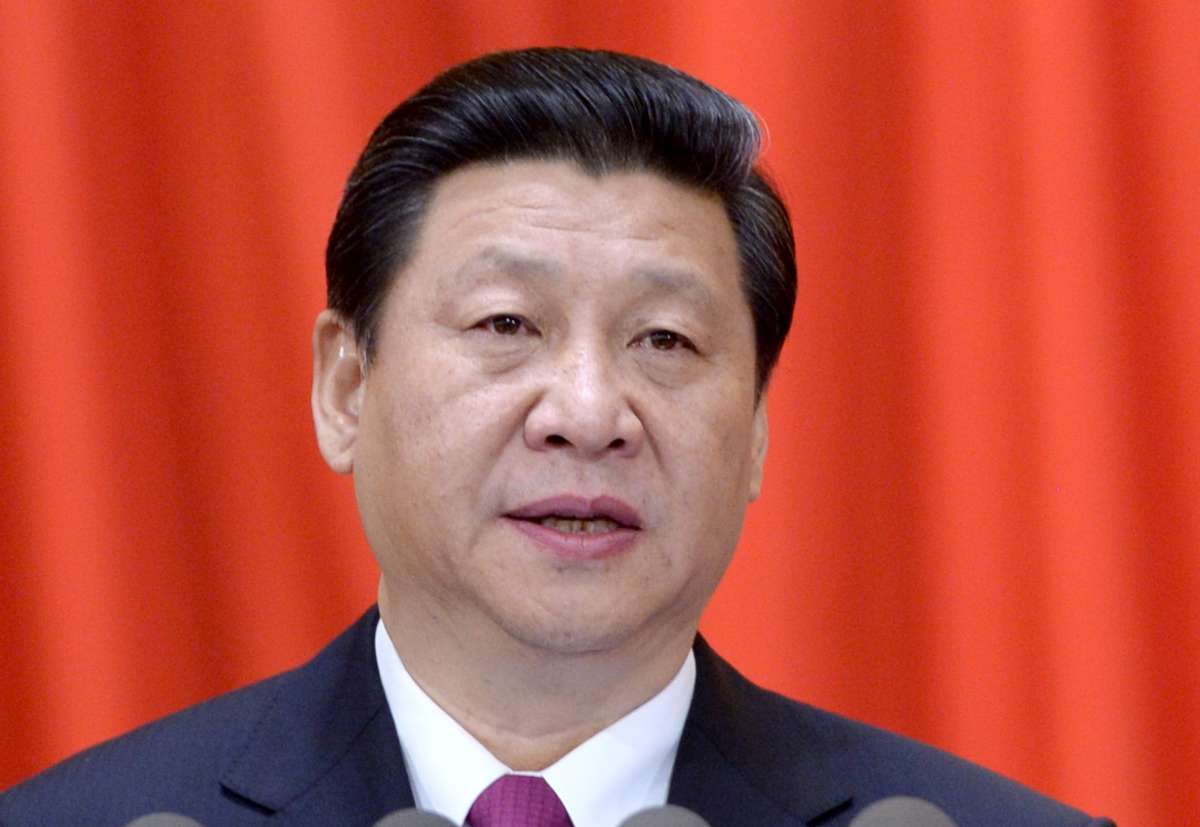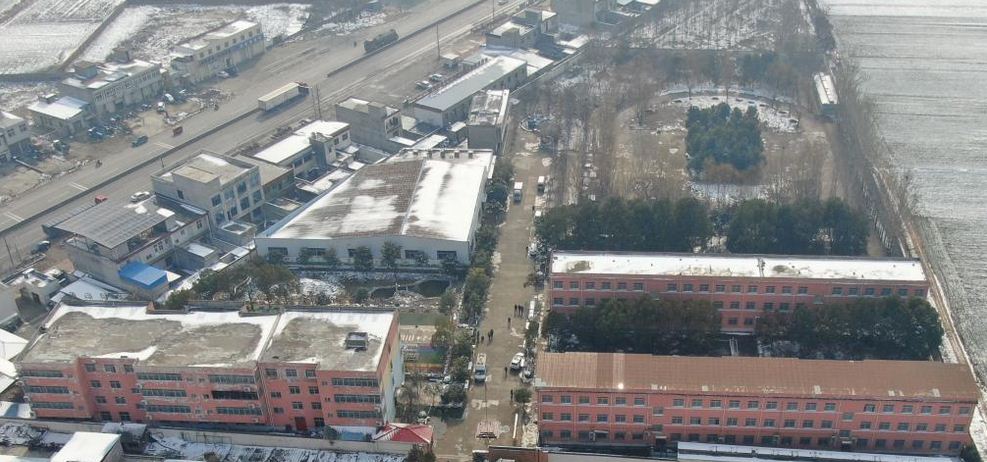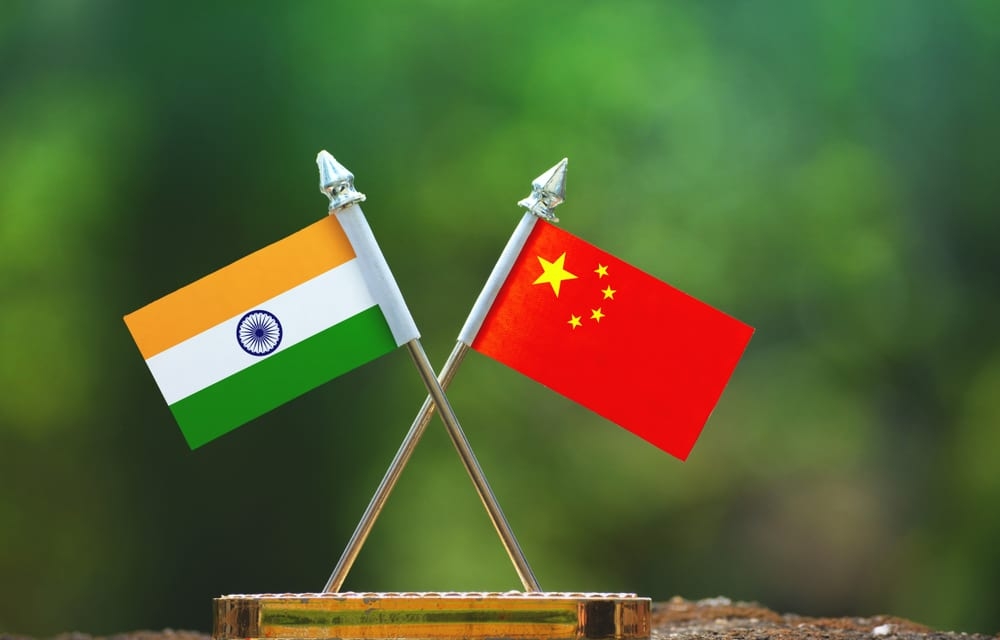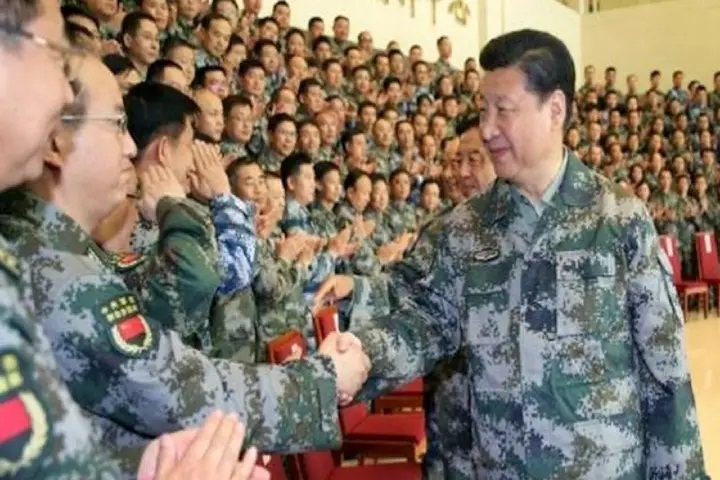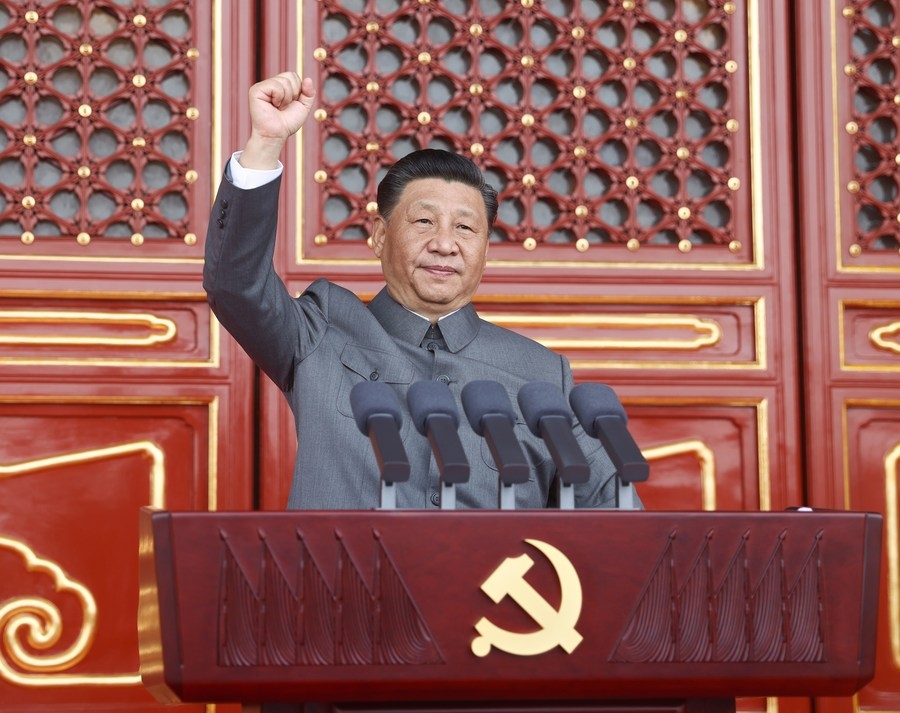The meeting focused on exploring ways to promptly implement agreements signed during Muizzu’s state visit to China…reports Asian Lite News
Sun Haiyan, the Vice Minister of the International Department of the Chinese Communist Party, called on Maldives President Mohamed Muizzu on Monday after various agreements were signed between the two nations.
The two leaders also reviewed the recent success of direct flights between Maldives and China and the possibility of extending direct flights from several Chinese cities to Maldives.
The meeting focused on exploring ways to promptly implement agreements signed during Muizzu’s state visit to China, according to the statement released by the Maldives President’s Office.
During the meeting, Sun Haiyan stated that all relevant authorities are eager to collaborate with their Maldivian counterparts under the leadership of Chinese President Xi Jinping. She expressed interest in strengthening strategic bilateral ties and offering training possibilities for the people of Maldives in various sectors.
“During the call, the Vice Minister of the International Department stated that all relevant authorities are eager to collaborate with their Maldivian counterparts under the leadership of H.E. President Xi Jinping. She expressed interest in strengthening strategic bilateral relations and offering training possibilities for Maldivians in various fields,” Maldives President’s Office said in a statement.
Maldives President Muizzu expressed gratitude to China for the training opportunities and other avenues of support for the people of the Maldives. He conveyed his eagerness to implement the agreements signed between the Maldives and China, according to the statement released by Maldives President’s Office.
They also discussed improving city-to-city ties between the Maldives and China. The two leaders deliberated on future collaborations and fortifying ties between Maldives and China.
On January 13, Mohamed Muizzu announced that agreements to assist the Maldives in expanding agricultural growth to cater to food security were signed with the Chinese government. He made the remarks while speaking to reporters at Velana International Airport (VIA), Maldives President’s Office said in a press release.
He made the remarks upon his return to the Maldives after concluding his state visit to China. The agreements were signed following the official talks between China and Maldives during Muizzu’s state visit to China. The two nations exchanged 20 key agreements at the signing ceremony.
Speaking on the agreements signed between the two nations, Muizzu stated that deliberations were conducted to initiate a specific agricultural scheme at Uthuru Thila Falhu (UTF), Maldives President’s Office said in a press release.
He stressed that the envisioned project will guarantee the cultivation of the most frequently used agricultural commodities, sufficient for a minimum population of 200,000 people. A delegation of senior government officials accompanied the President and the First Lady on their state visit to China from January 7-13, according to press release.
During their visit to China, Maldives President Mohamed Muizzu and First Lady Sajidha Mohamed further undertook several engagements and made visits to various establishments, including the President’s participation in the Invest Maldives Forum. He also held pivotal meetings in several sectors, fostering greater cultural, economic, and political relations with China. (ANI)

